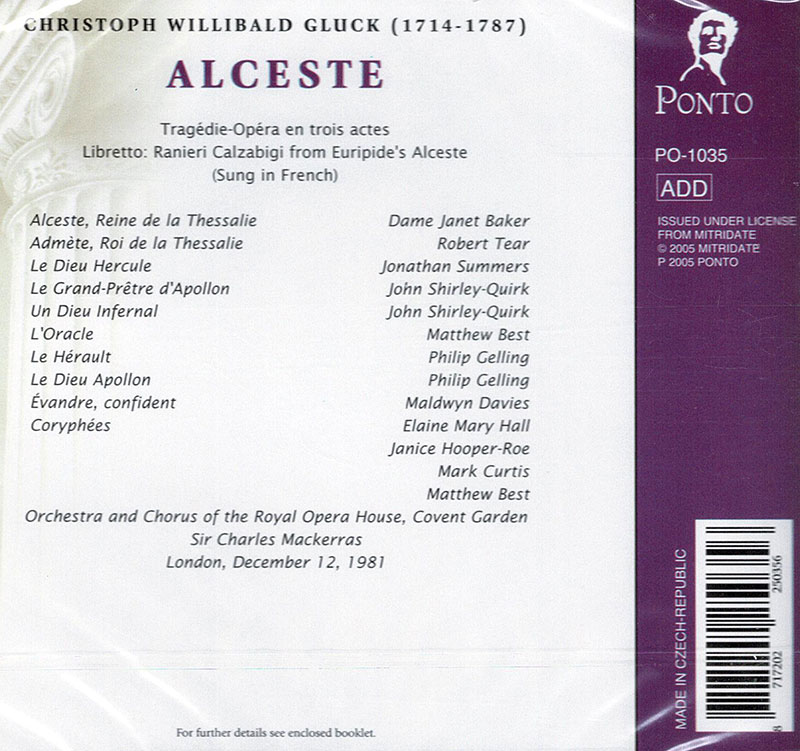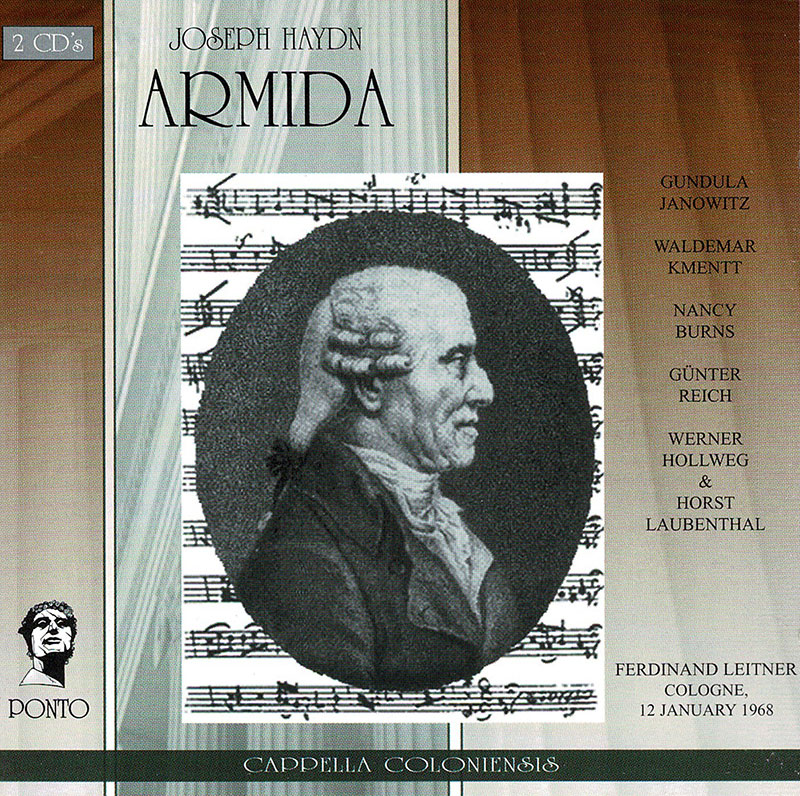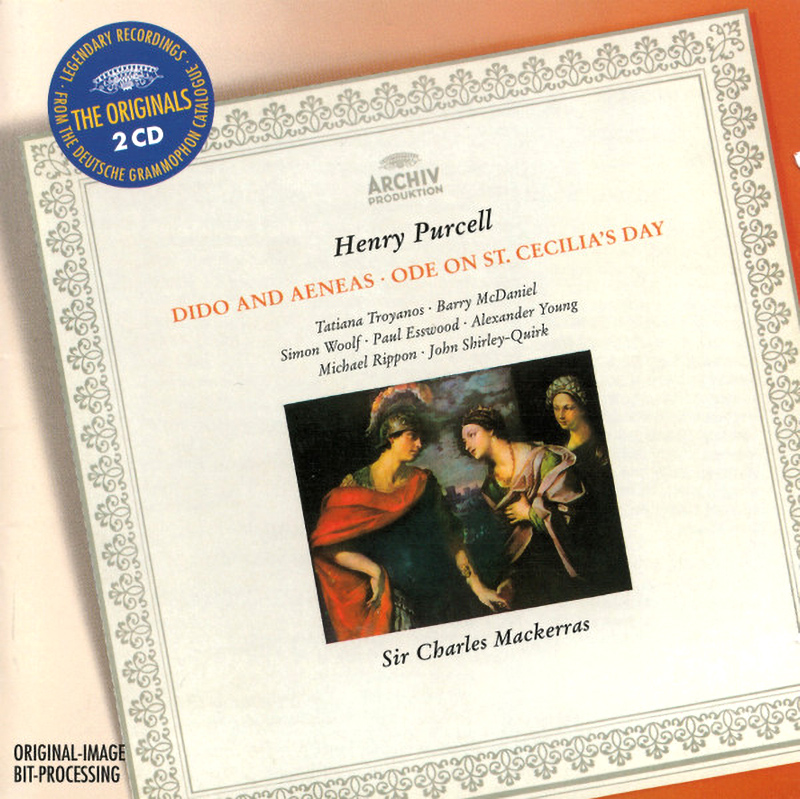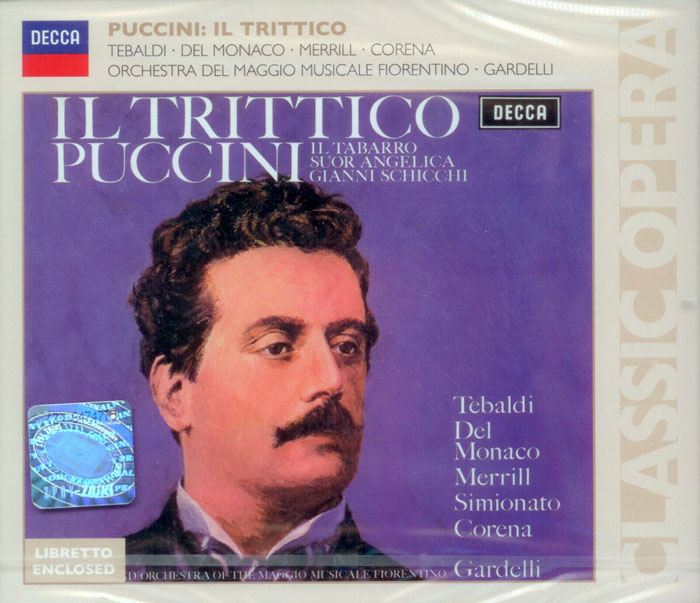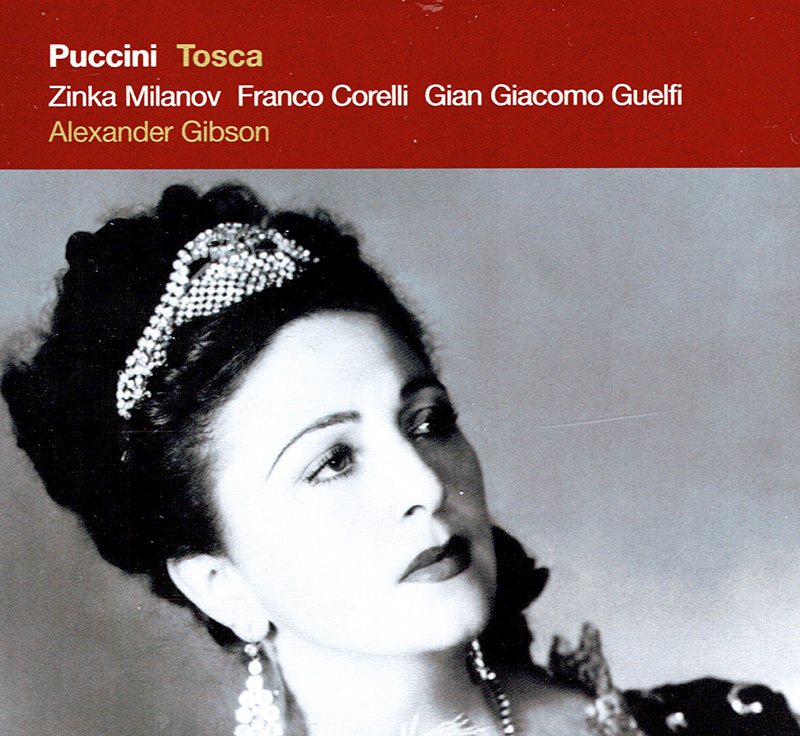Logowanie
OSTATNI taki wybór na świecie
Nancy Wilson, Peggy Lee, Bobby Darin, Julie London, Dinah Washington, Ella Fitzgerald, Lou Rawls
Diamond Voices of the Fifties - vol. 2
Tylko 1000 egzemplarzy!!!
DVORAK, BEETHOVEN, Boris Koutzen, Royal Classic Symphonica
Symfonie nr. 9 / Wellingtons Sieg Op.91
nowa seria: Nature and Music - nagranie w pełni analogowe
Petra Rosa, Eddie C.
Celebrating the art and spirit of music - vol. 3 - Pure
warm sophisticated voice...
Peggy Lee, Doris Day, Julie London, Dinah Shore, Dakota Station
Diamond Voices of the fifthies
Tylko 1000 egzemplarzy!!!
SAMPLER - STS DIGITAL, Buddy Tate, Milt Buckner, Walace Bishop
Jazz Masters - Legendary Jazz Recordings - v. 1
proszę pokazać mi drugą taką płytę na świecie!
Chesky! Niezmiennie perfekcyjny
Winylowy niezbędnik
ClearAudio
Double Matrix Professional - Sonic
najbardziej inteligentna i skuteczna pralka do płyt winylowych wszelkiego typu - całkowicie automatyczna
GLUCK, Dame Janet Baker, Robert Tear, Jonathan Summers, Royal Opera House, Covent Garden, Sir Charles Mackerras
Alceste (Paris version, 1776)
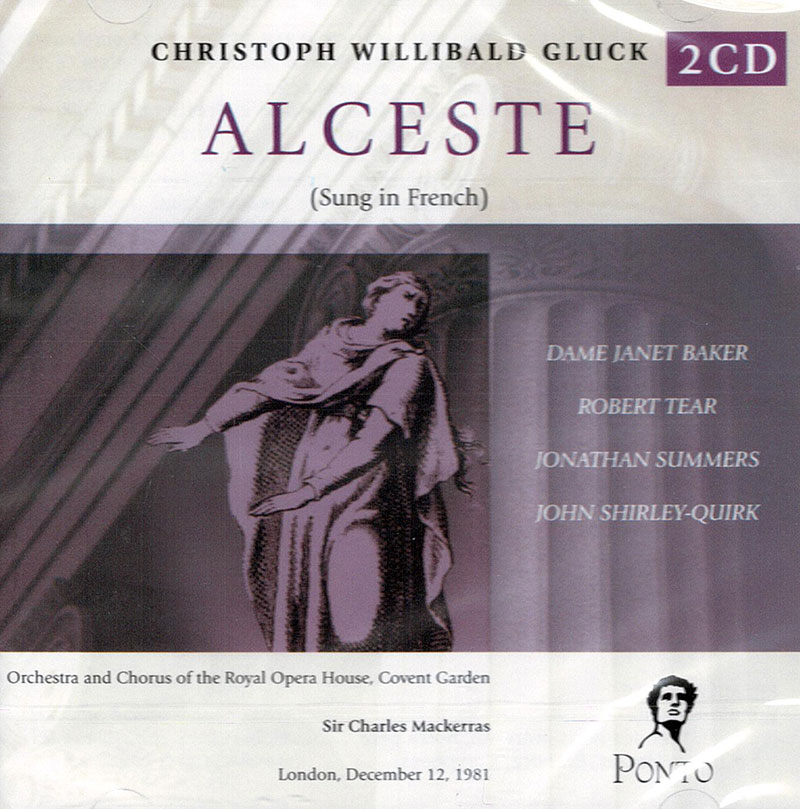
Scoglio 5,0 von 5 Sternen A precious momento of a great moment in the theatre 29. April 2006 - Veröffentlicht auf Amazon.com This is the kind of recording which convinces you that 'live' opera is inherently superior to studio recording. This 'Alceste' is extraordinarily intense and vivid (it is not simply a well-reheased, letter-perfect document), and a triumph for all the artists concerned. Pride of place yields to the thrilling grandeur and pathos of Janet Baker, perhaps the only recent singer whose centredness and passion in all her various operatic roles could be compared to Callas. The 'noble simplicity' of Greek art was reaffirmed and reinterpreted by Gluck in his retelling of the famous story of Alcestis. Janet Baker, in turn, illuminates the core of Gluck's opera with an incandescant performance that embodies the concept of heroic sacrifice , which the Greek philophers believed could be manifest in men and women alike. This super-budget issue has surprisingly good sound to which your ear will rapidly adjust. For lovers of Gluck, his opera Alceste, and the classical tradition in Western art, this recording is a 'must'. *** Gluck:Alceste/Baker/Mackerras Review by: Robert Levine Artistic Quality: 9 Sound Quality: 8 Recorded in December, 1981, this performance marked one of three farewells the great Janet Baker made from the stage: the other two were in the title roles of Donizetti’s Mary Stuart at the English National Opera and Gluck’s Orfeo at Glyndebourne. It is a stellar performance, as deeply moving as it is well-sung, and along with Baker, Charles Mackerras ekes every bit of drama out of the I-love-you-more-so-I’ll-die-first fugue that stands as the entire plot to this opera. The edition used is the 1776 revised Paris version, which is more grandly orchestrated and features a bit more majesty than the 1767 original; there’s more fanfare, for instance, when Hercules enters. If the truth be known (or acknowledged), in addition to a great Alceste, you need a conductor who adores the work and who, while acknowledging its Classicism, is willing to give the singers room for rubato and even, yes, thrills. Otherwise the work can be a drag. Only Alceste is an interesting character. For some reason I was possessed to go back and listen to my recordings of Callas, Jessye Norman, and Anne Sofie von Otter in the title role (as well as Leyla Gencer, but let’s save that for another day), and trust me, without a great soprano in the lead (or mezzo, as it happens), we’re dead. Among the recordings, only Otter’s, with John Eliot Gardiner at the helm, is “correct”; the others all use modern instruments. Gardiner has more zip than any of the other conductors, and the choruses and dances therefore work far better. But putting Callas in a class by herself and thereby taking her out of the running (as usual), Janet Baker walks away with the honors. Norman pours forth glorious sound but can’t touch Baker’s sincerity, and Otter is a cold fish by comparison with any of them. Baker’s nobility, her heartrending sadness, her railing against the gods (albeit a half-tone lower than the other singers, save in her big aria, “Divinité du Styx”, which she sings in its written key), and her utter commitment make for thrilling listening. And the voice, even this late in her career, is still wonderful, with level upon level of pianissimo, always intelligently and tellingly used. Robert Tear’s Admète is as good as possible–elegant, self-possessed, and manly–as impressive in his tender moments as he is when he and Alceste are bickering about who gets to sacrifice and when. John Shirley-Quirk, a stalwart of the ’70s and ’80s in Decca recordings (think of Britten’s operas in particular) is at his best as both the High Priest and an Infernal God. Jonathan Summers stops the show as Hercules, and the small roles are well taken. The chorus is a bit ragged and too big. Despite the non-historically-correct instruments the remarkable Mackerras manages to lead a performance that never seems turgid or old-fashioned. Yes, some of the pacing is slower than we now realize is both correct and desirable (but probably faster than any of his contemporaries would have opted for at the time), but there’s an immediacy to the drama that makes this whole experience very vital, with the severity of the subject matter practically visceral. The string section sounds a bit leaner than normal and the winds have been wonderfully rehearsed and play with great color. The sonics are excellent–true stereo. This is the Alceste to own. Admete Robert Tear Alceste Janet Baker Le Grand Pretre/Un Dieu infernal John Shirly-Quirk Evandre Maldwyn Davies Le Heraut/Le Dieu Apollon Philip Gelling Le Dieu Hercule Jonathan Summers Coryphees Elaine Mary Hall, Janice Hooper-Roe L’Oracle Matthew Best





























